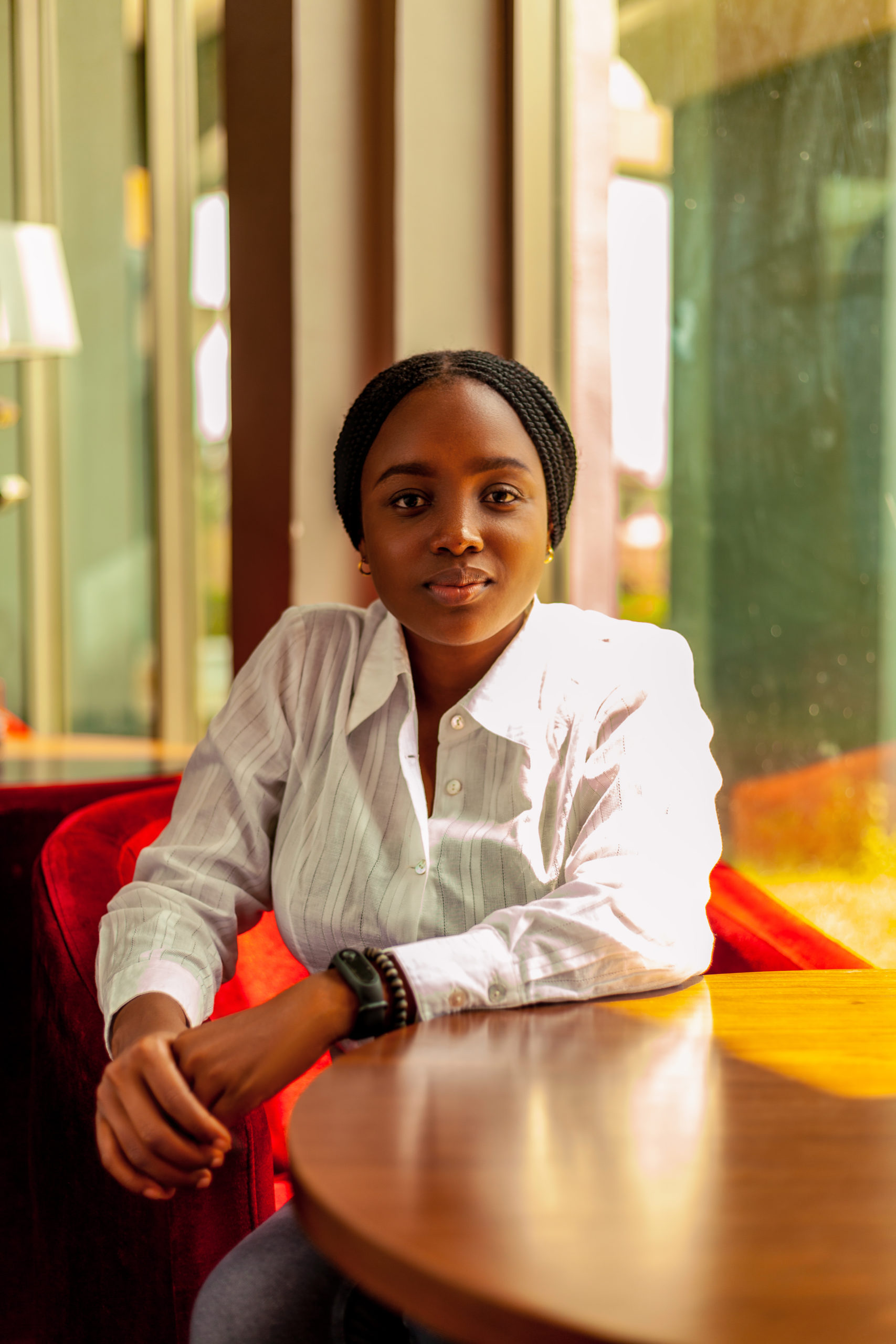Features
Adaugo Nwankpa: How the Esusu System Empowers Women Across Generations

It is almost common knowledge that African women thrive on collectives. These collectives exist within friendship groups, your mother’s circle or schoolgirls moving out in groups of four, three, and two when the bell rings for dismissal. The collective(s) that make it possible for them to thrive are, in fact, essential to the success of African women.
These collectives serve a variety of purposes beyond merely making friends and having a good time. They also provide advice on empowerment, wealth generation, and accountability. The Esusu structure is one of Africa’s oldest and most powerful collective financial institutions, which may be found in various forms throughout the continent. Esusu is an informal savings club consisting of people who make equal and regular contributions to a money pool, usually on a weekly, bi-weekly or monthly basis – the interval is selected by the people who wish to participate. Under a schedule, the members are given the entire pool of funds at each preferred interval.
Although the Esusu system has some drawbacks due to how it is set up, it has nonetheless helped close the credit access gap that many developing economies, including Nigeria, experience. This is because it enables people to access a substantial amount of money that they might not have otherwise saved up at the time they need it. Esusu’s success stories are not limited to the older generation, as one might anticipate given the growth of fintech companies. Instead, millennials and Generation Zs are also using the Esusu system for one very important reason: it provides the accountability solo savers are unable to provide for themselves.
Esusu has constantly demonstrated that it is a system that consistently rewards participants and more intriguingly, women, whether they are in a market selling food or in the government secretariat’s marble-tiled offices.
What effect has Esusu had on women? We asked five women of various ages and socioeconomic statuses to share their impact stories with us in order to find out the answer.
Cynthia | 48 Years Old | Civil Servant
We call it akawo here, and it has been a very good one for me. I have used it to pay house rent and pay school fees and more recently, I plan to use it to buy a property.
My greatest akawo story would be using it to pay the fees for my first daughter during her primary and secondary school days. I always looked forward to when I would take out mine because then I wouldn’t have to worry about fees for a long time.
I think the system can be improved by making contributors anonymous. That way, no one comes begging you that they won’t be able to contribute at the set time. Legal implications or other fines can be introduced to make sure people do not default.
Agnes | 29 Years old | Accountant
One thing is that it helps you to be disciplined. It forces you to save part of your income because other people’s money is hanging on you. It also helps you to solve a problem at a particular time because you have a chunk of money coming in that you would not have had on a normal day.
I have done several ajos and it has been very helpful for me. I used ajo to pay my house rent, buy a new iPhone and even made an investment (which went south, sadly).
My greatest ajo story would be when I got about 1.4 million naira. We were seven contributing 200,000 monthly. I used mine to ‘invest’ in a crypto fund.
I think the structure can be improved by incorporating legal backing and making room for paying in instalments because sometimes it may not be easy to drop 50k at once.
Chiamaka | 26 Years Old | Freelancer
I started doing esusu immediately after I got my first job. Looking back now, most of my major feats have been accomplished with esusu. I used my first bulk income to buy my laptop, used the second one to pay for a professional program that I was doing at the time. My next game plan is to use it to buy a property and maybe set up a business too. I know others in the group who used theirs to buy a car, another used it to restock for their business and someone even used theirs to japa.
Ruth | 25 Years Old | Oil and Gas
I’ve done contributory savings for two years now. I typically love to take my accrued savings toward the end of the year, and so far I love it. My love for it could be because of the person organising it and how coordinated it was. There were no cases of someone failing to meet up. We even had monthly financial literacy sessions.
My major purchase with my esusu money was a laptop. I bought this in the first year. In the second year, I used it to solve some major things at home.
Have you been empowered by the esusu system?





















